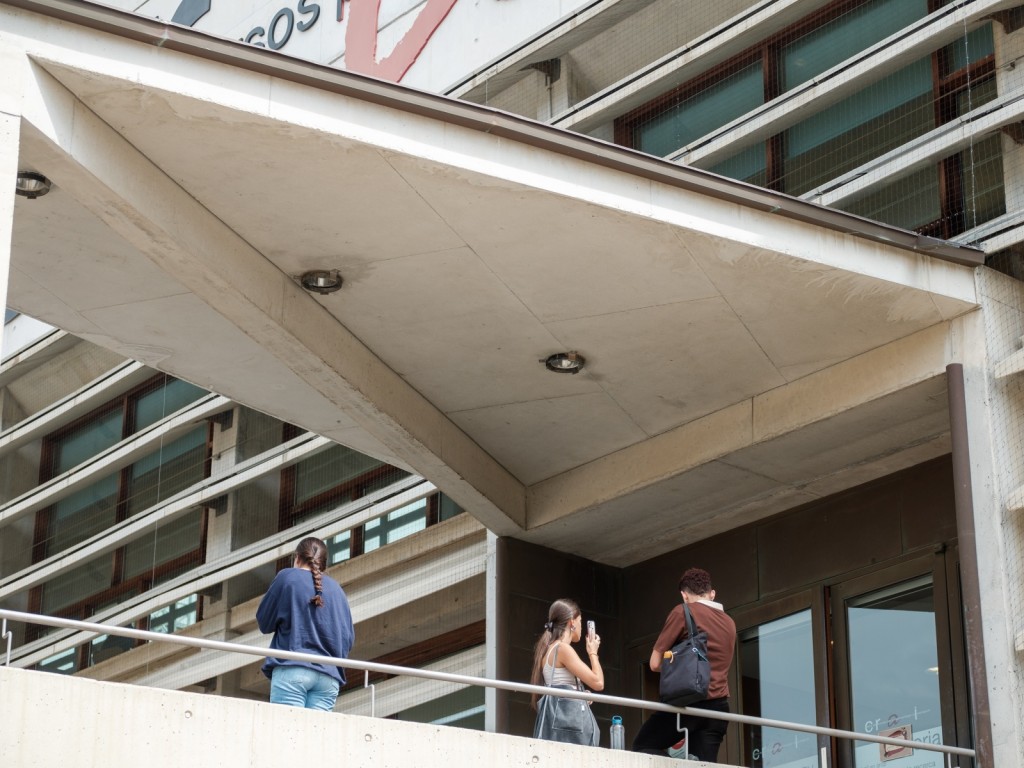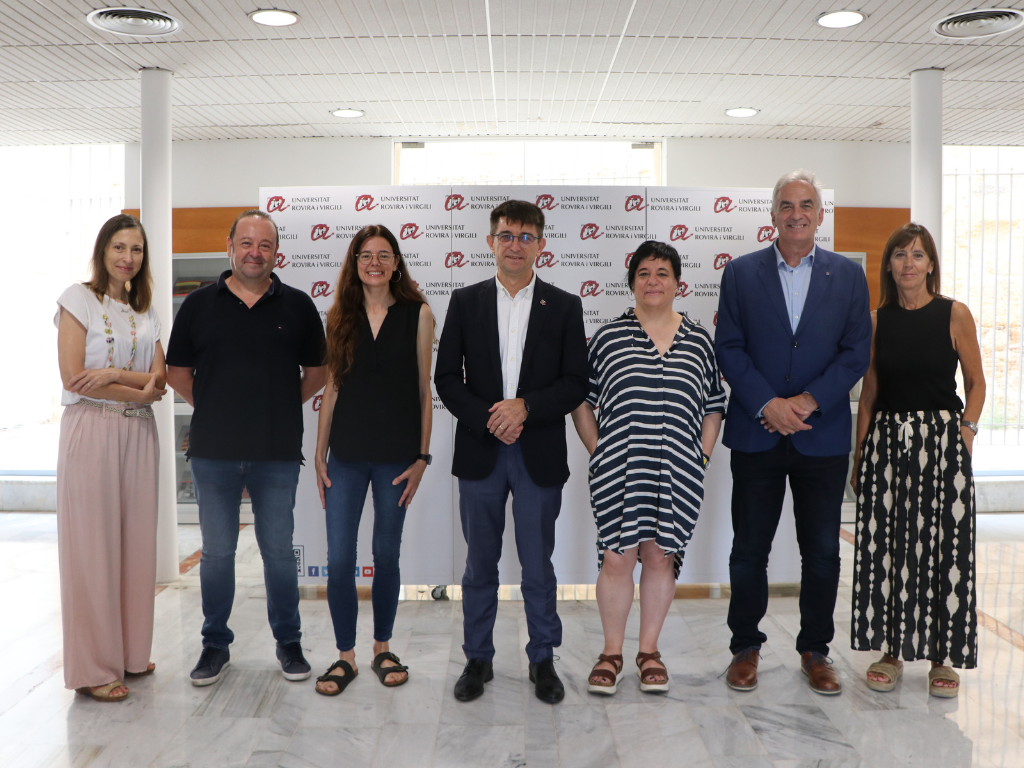24/07/2023
The URV and Social Rights promote a pilot programme to support young wards and former wards to successfully complete their university studies
The collaboration between the Department of Social Rights and the University aims to protect them from social and educational exclusion and to improve the transition from the protection system to adult life

The collaboration between the Department of Social Rights and the University aims to protect them from social and educational exclusion and to improve the transition from the protection system to adult life
The inequalities faced by adolescent state wards when they have to start higher education compared to other young people and their low academic expectations are some of the factors that make it difficult for boys and girls in the child protection system to access university. In fact, in Spain only 4% of them reach university, when the percentage of the adult population with higher education is almost 40%. For this reason, the Universitat Rovira i Virgili (URV) is promoting the “Con-Éxito-Ed” programme, which will begin in pilot form in the academic year 2023-24 with the support of the Department of Social Rights of the Catalan Government.
The programme seeks to ensure that young people not only have access to university, but also that they have the necessary support to successfully complete their higher education studies. The initiative is based on studies by Carme García Yeste and Regina Gairal, researchers from the URV’s Department of Pedagogy, which show that the application of successful educational actions in combination with high expectations can overcome an unequal starting point.
With this idea in mind, they have designed the programme that, in the first place, plans for the University and the Child and Adolescent Care Service of Tarragona to inform adolescent state wards from the 4th year of compulsory secondary education onwards and the educators and other professionals involved in their follow-up about the procedures for applying for university and other useful information. Once they access the URV, each degree provides them with a contact lecturer, who has an understanding of their social context and will be trained to assist them.
In addition to academic follow-up, these future students will be funded by the URV so that they can eat on campus during the academic year and acquire the material they need for practicals. They will also have the support of university guidance technicians to resolve administrative procedures and access URV services, and, over the next few years, students in their final years will be involved in a mentoring program with other students on the same degree.
Students participating in the programme are also obliged to attend at least 75% of the subjects enrolled and to pass a number of credits equal to or higher than the average number of credits passed by students on their course and degree.
Carme García Yeste, who is responsible for designing the programme after consultation with students who are current or former state wards, explains that the initiative is inspired by the Arrakasta programme, which was successfully implemented by the University of the Basque Country. García Yeste has experience with other educational projects involving young state wards and she points out that turning eighteen for people in the child protection system “is a very hard time for them, and they have to make so many decisions that studying is the last thing on their minds. This is why a transition to adult life is necessary.”
The rector of the URV, Josep Pallarès, said that “this initiative reaffirms the University’s commitment to equal opportunities and social and educational inclusion, while making us a more diverse and committed university community.”
For her part, the Secretary for Childhood, Adolescence and Youth, Núria Valls, pointed out that this measure is “one more programme implemented by the Government to ensure educational success, such as reserving a place on each degree for students who meet the requirements for access to university and who are current or former state wards.”
In Catalonia, when young state wards reach the age of majority, they can voluntarily join the Support Area for Current and Former Young State Wards (ASJTET). This is a unit of the Child and Adolescent Care Service that is responsible for offering technical and educational support, housing, career guidance, psychological support, and economic and legal support for young people who are state wards, in foster care or who have social difficulties. ASJTET’s team of professionals aims to meet the needs of each young person by assessing which programmes they can enrol in or if they need additional support so that they can be emancipated and become fully independent. This service is currently provided to more than 4,500 young people.
According to university pre-enrolment data, 36 young people who are or have been in the protection system will be new university students next year, 28 of whom have gone through the Catalan Government’s reservation system. The increase in expectations for their future life reduces the risk of being excluded from society and the education system because of their initial situation.

